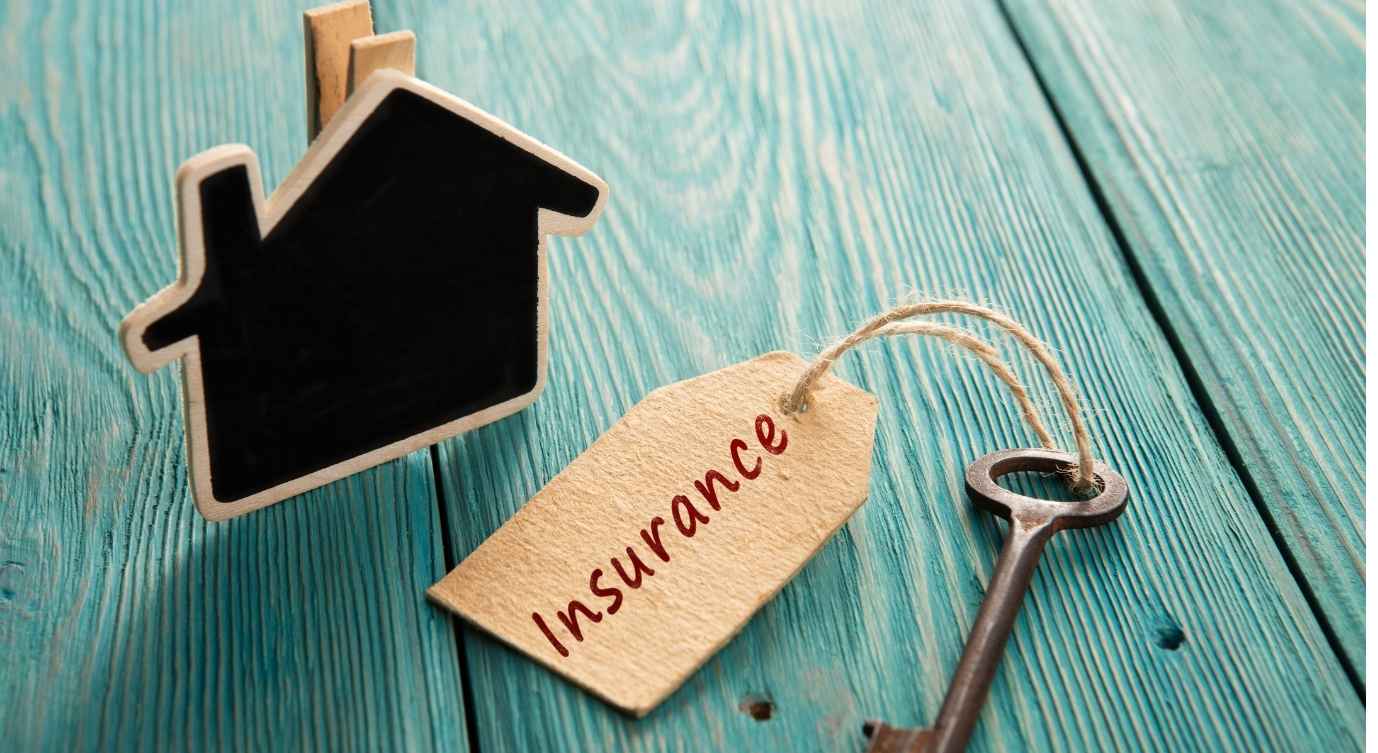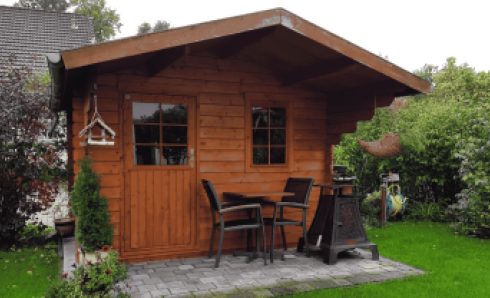Owning a rental property in Ireland can be a lucrative investment, but it also comes with its own set of risks and responsibilities - one of which is ensuring you have comprehensive landlord insurance. This type of insurance protects property owners from potential financial losses and legal liabilities associated with renting out their properties.
What is Landlord Insurance and Why is it Important?
Landlord insurance is a specialised insurance policy designed to cover the unique risks associated with renting out residential properties. Unlike standard homeowners insurance, landlord insurance includes specific provisions to protect property owners against the hazards and liabilities of leasing their property to tenants.
Difference with Homeowners Insurance
Homeowners insurance typically covers owner-occupied properties, protecting personal property and liability within the home. However, it typically does not cater to rental properties.
On the other hand, landlord insurance is tailored for properties leased to tenants and offers broader protections. This includes coverage for tenant-related risks, loss of rental income, and liability issues unique to rental properties.
What Types of Coverage are Included in Landlord Insurance?
Landlord insurance policies in Ireland typically include various coverage options designed to protect against different types of risks. Here are some key coverage types:
Property Damage Coverage
Property damage coverage is a vital component of landlord insurance. It protects against physical damage to the rental property caused by events such as fire, storms, vandalism, and other covered events. This coverage covers the costs of repairing or rebuilding the property, minimising the landlord's financial loss.
Liability Coverage
Liability coverage protects landlords from legal costs if someone is injured on the rental property. Whether it’s a tenant or a visitor, the landlord could be held legally responsible if an injury occurs on the premises. Liability coverage helps cover the costs of legal defence and potential settlements, providing crucial financial protection.
Loss of Rental Income Coverage
Loss of rental income coverage compensates landlords for lost income if the property becomes uninhabitable due to covered damage, such as fire or severe weather. This ensures that landlords can maintain financial stability while the property is being repaired or rebuilt, covering the gap in rental income during this period.
Contents Insurance
Contents insurance for landlords covers items within the property that belong to the landlord, such as furnishings, appliances, and other personal property. This coverage protects these items from damage or loss due to covered events, safeguarding the landlord's investment in the property’s contents.
What are the Legal Requirements for Landlord Insurance?
In Ireland, landlords must comply with various legal requirements and regulations regarding insurance coverage and property management. Here are some key legal aspects to consider:
Mandatory Public Liability Insurance
Public liability insurance is mandatory, covered under the Residential Tenancies Act 2004, and essential for landlords to cover potential legal claims from tenants or third parties. This coverage protects against claims of injury or property damage that occur on the rental property, ensuring that landlords are not left financially vulnerable in the event of a lawsuit.
Compliance with Local Authority Regulations
Landlords must adhere to local authority regulations to ensure the rental property meets all legal standards. This includes obtaining necessary licences, following building codes, and guaranteeing the property is safe and habitable. Compliance with these regulations is crucial to avoid legal penalties and maintain good standing as a landlord.
Fire and Safety Compliance
Fire and safety compliance is a critical aspect of rental property management. Landlords must ensure the property has smoke detectors, fire extinguishers, and other safety measures. Regular safety inspections and compliance with fire safety regulations help protect tenants and reduce the risk of fire-related damage.
Adherence to Tenancy Laws and Regulations
Following tenancy laws and regulations is vital for avoiding legal disputes and ensuring fair treatment of tenants. Landlords must understand their rights and responsibilities under Irish tenancy law, including issues related to rent control, eviction procedures, and tenant rights.
What are the Benefits of Landlord Insurance?
The benefits of having landlord insurance extend beyond legal compliance and risk mitigation. Here are some key advantages:
Financial Protection
Landlord insurance provides financial protection against unforeseen property damage, minimising repair costs. Whether it’s damage from a natural disaster or vandalism, this coverage ensures that landlords are not burdened with significant out-of-pocket expenses for property repairs.
Receiving compensation for lost rental income is another significant benefit. This coverage helps landlords maintain financial stability during property repairs and ensures that they can continue to meet their financial obligations even when their rental income is temporarily interrupted.
Legal Liability Protection
Legal liability protection is crucial for covering legal costs and potential settlements if a tenant or visitor is injured on the property. This coverage helps landlords avoid substantial legal expenses and provides peace of mind, knowing they are protected against potential lawsuits.
Peace of Mind for Landlords
Landowner insurance offe
rs landlords peace of mind, knowing they are protected against various risks and liabilities. This security allows landlords to focus on managing their properties and maintaining positive relationships with their tenants without worrying about financial and legal uncertainties.
How Do You File a Landlord Insurance Claim?
Filing a landlord insurance claim involves several steps to ensure a smooth process and timely settlement. Here’s a step-by-step guide:
Document the Damage or Loss
Thoroughly document any damage or loss with photos, videos, and detailed descriptions. This evidence supports your claim and ensures an accurate damage assessment.
Contact Your Insurance Provider
Promptly contact your insurance provider to report the incident and initiate the claims process. Early communication helps expedite the claims process and ensures you meet any reporting deadlines.
Complete the Claim Form
Accurately complete the claim form to avoid delays or complications in the claims process. Ensure all required information is provided, and double-check for accuracy before submission.
Submit Supporting Documentation
Submit all required supporting documentation, including repair estimates, police reports, and proof of ownership. This documentation is essential for validating your claim and facilitating a fair settlement.
Work with an Adjuster if Necessary
An insurance adjuster may be involved in assessing the damage and finalising the claim. Collaborate effectively with the adjuster, providing any additional information or documentation needed to ensure a comprehensive evaluation.
Receive Your Settlement
Once the claim is approved, receive your settlement payment and ensure all repairs and replacements are adequately covered. Review the settlement details to confirm they meet your expectations and cover the incurred costs.
Experience a Hassle-Free Claim Process with 123.ie
For a seamless claims process, consider using 123.ie as your landlord insurance provider. Their customer support and efficiency in handling landlord insurance claims ensure a hassle-free experience, allowing landlords to focus on property management while they take care of the rest.
How Do You Choose the Right Landlord Insurance Policy?
Selecting the right landlord insurance policy involves assessing individual needs and property requirements. Here are some tips:
Assess Your Specific Coverage Needs
Evaluate your specific coverage needs based on property type, location, and potential risks. When determining the necessary coverage levels, consider the property's value, tenant profile, and local risk factors.
Get a Quote and Learn More About Landlord Insurance at 123.ie
Landlord insurance is an essential investment for property owners in Ireland. It provides critical protection against financial losses and legal liabilities, ensuring landlords can manage their properties confidently.
To find the best possible policy for your situation, contact 123.ie, and we’ll give you a detailed landlord insurance quote tailored to your specific circumstances. We’ll also talk you through the whole process, ensuring you know exactly what you’re signing up for and how it will help you.




